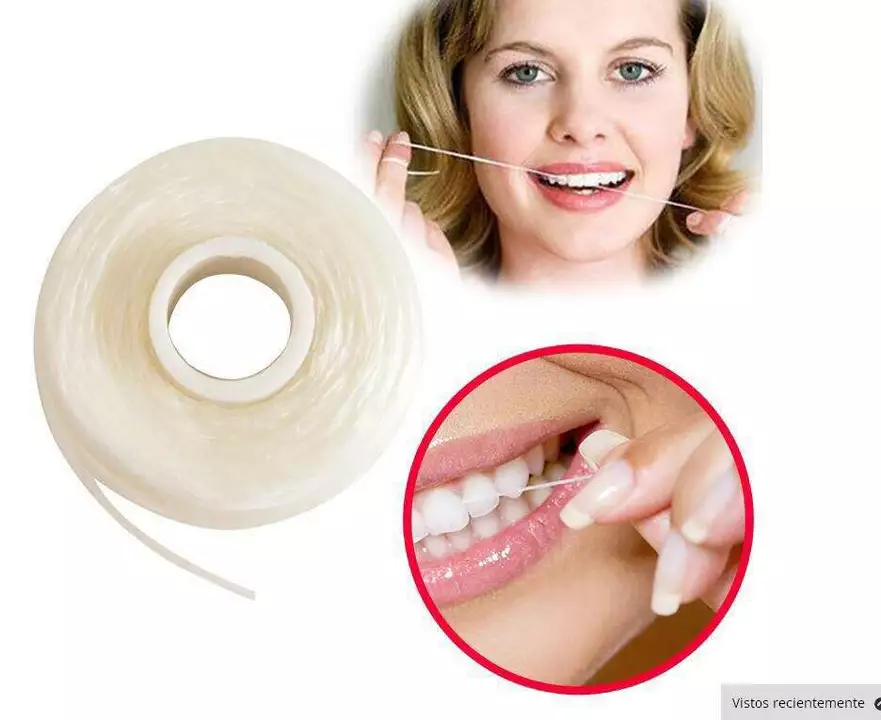Oral Care Essentials: Simple Tips for a Healthier Smile
If you want a fresh mouth and strong teeth, you don’t need a fancy routine—just a few solid habits. Good oral care starts with brushing the right way, flossing daily, and choosing products that suit your needs.
Brush Like a Pro
Pick a soft‑bristled toothbrush and replace it every three months. Put a pea‑sized amount of fluoride toothpaste on the bristles, then angle the brush 45 degrees toward the gum line. Move in short, gentle circles for at least two minutes. Don’t forget the tongue—bacteria love to hide there.
Floss and Rinse Smartly
Flossing removes plaque your brush can’t reach. Slide a piece of floss between each tooth, curve it into a C‑shape, and slide gently up and down. If floss feels tricky, try water flossers or interdental brushes. Finish with an alcohol‑free mouthwash to reduce germs without drying out your mouth.
What you eat matters too. Sugar fuels the bacteria that cause cavities, so limit sweets and rinse your mouth after indulging. Crunchy veggies like carrots and apples naturally clean teeth while you chew.
Avoid smoking and excessive coffee or tea, which stain enamel and irritate gums. If you drink them, sip water afterward to wash away pigments.
Regular dental check‑ups are a must. A professional cleaning removes hardened plaque (tartar) that home care misses, and early detection of issues saves money and discomfort later.
When choosing toothpaste, look for the ADA seal and fluoride content. For sensitive teeth, try a low‑abrasion formula with potassium nitrate or stannous fluoride.
If you have braces, aligners, or other dental appliances, clean around them carefully. Use a small brush or floss threader to get into tight spots and keep the hardware free of food debris.
Finally, stay hydrated. Saliva protects teeth by neutralizing acids; drinking water throughout the day helps maintain that natural defense.
By following these straightforward steps—proper brushing, daily flossing, smart product choices, and regular dentist visits—you’ll keep your oral health on track without spending hours in front of the mirror.
Sitagliptin Phosphate and Dental Health: What You Need to Know
As a blogger, I recently came across some interesting information on the connection between Sitagliptin Phosphate and dental health. It turns out that Sitagliptin Phosphate, a drug commonly used to treat Type 2 diabetes, may have some potential benefits for our oral health as well. Some studies have shown that it can reduce inflammation and promote healing in our gums. This is definitely a fascinating topic, and I'm excited to learn more about how this medication might help improve the dental health of those with Type 2 diabetes. Stay tuned for more updates on this intriguing subject!
